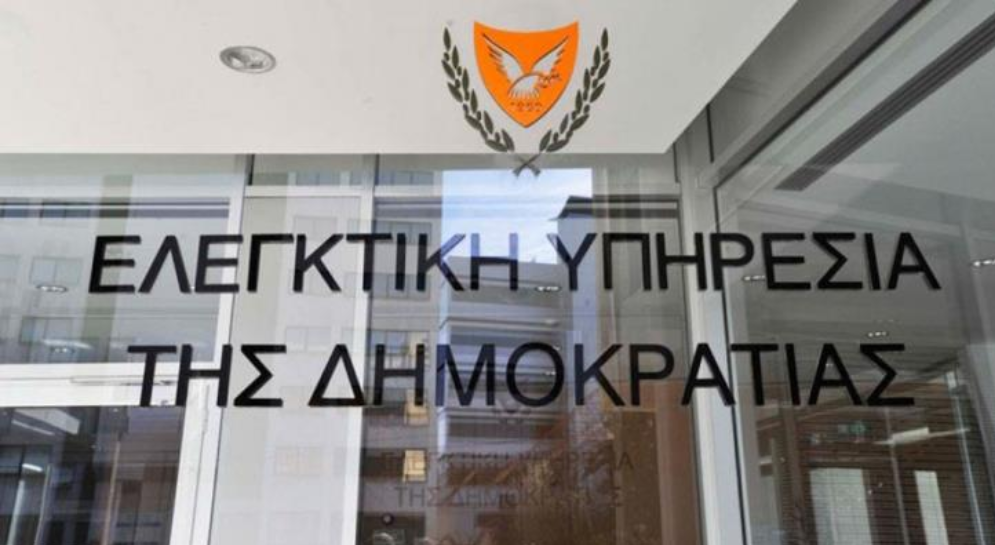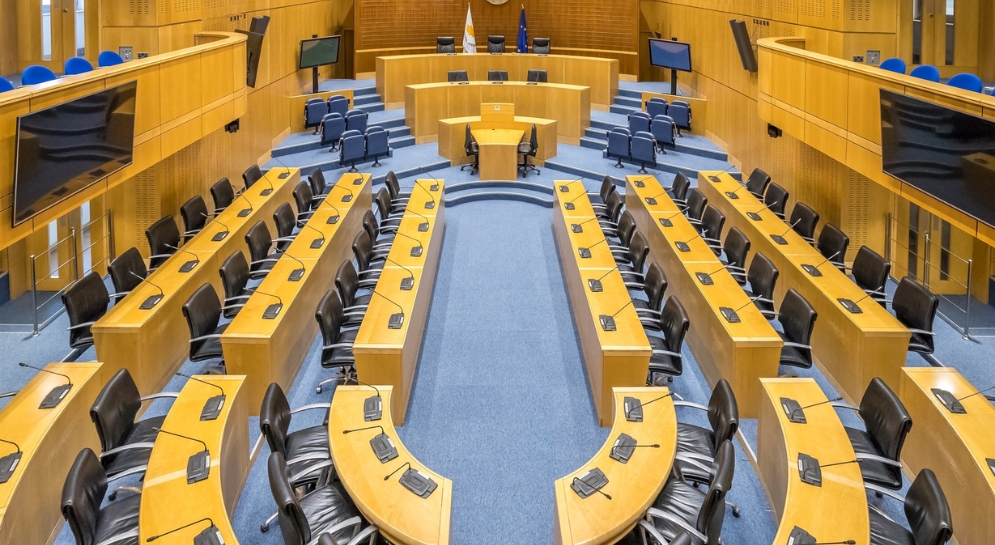
The government and employers want it both ways…
Article by Eleni Mavrou, AKEL Political Bureau member
Sunday 15 May 2022, ‘Haravgi’ newspaper
Price hikes/increases has been sweeping food and fuel for months, emptying consumers’ pockets and feeding the monster of inflation, whilst a new wave of price hikes is expected to escalate inflationary pressures. The measures with which states are responding are indicative of the social dimension of their policies. Unfortunately, there are more than a few states that are resorting to neoliberal alchemies, which are regrettably perpetuating the deadlocks and abolishing whatever social cohesion remains.
The letter sent a few days ago by the Cyprus Chamber of Commerce and Industry (KEBE) to the President of the Republic also contains proposals for measures to deal with high inflation (refuting the government’s narrative about inflation being a “passing phenomenon”).
However, together with the rational demands for inflation containment and support for households and businesses, KEBE finds the opportunity to target – once again – the rights of working people.
Everyone understands that in difficult times, fiscal margins must be used rationally. And margins do exist. In the first quarter of 2022, public finances recorded a surplus of €239.3 million, compared to a deficit of €137.4 million in the same period last year. There is therefore scope to make use of part of the surpluses for crisis mitigation purposes.
However, the most important thing is for the government ruling forces to proceed to a just and socially sensitive use of these margins.
In recent years, the distribution of national income at the expense of wage labour has taken on provocative proportions: the incomes of capital have increased by 41 %, while labour incomes have risen by just 6 %. Even this figure has been eroded, however, given that the purchasing power of wages has fallen by 7% due to the ongoing price increases being recorded. Not to mention that the lower income groups spend most of their income on basic living goods – food, heating and shelter – while the wealthy spend most of their income on luxuries or to increase their wealth further.
It is clear that those who need most support are wage earners and the vulnerable groups of the population.
It is therefore provocative for KEBE to demand, for example, that the condition of “no redundancies in personnel” should be removed from the State Guarantee Scheme in order to ensure liquidity. In other words, KEBE suggests that the state should finance businesses from taxpayers’ money, but any benefit should go into their own pockets.
Equally provocative is the demand KEBE puts forward that the demand for the establishment of a minimum wage (whose discussion has at long last reached its final stage) should not proceed and that the increase in the tariff for 2022, as agreed, should not be paid.
The rapid impoverishment of the middle strata is already visible, while the vulnerable strata of the population are being driven into a new humanitarian crisis.
For that reason, action is needed and needed now. However, measures are needed that mitigate the effects of the crisis, and not measures that exacerbate them. However, the government ruling forces have demonstrated in practice that they are neither willing, nor able to pursue policies for growth, policies that restore the welfare state in order to strengthen social cohesion.
Working people, however, will not accept, yet again, to foot the bill of this crisis placed on their shoulders.




